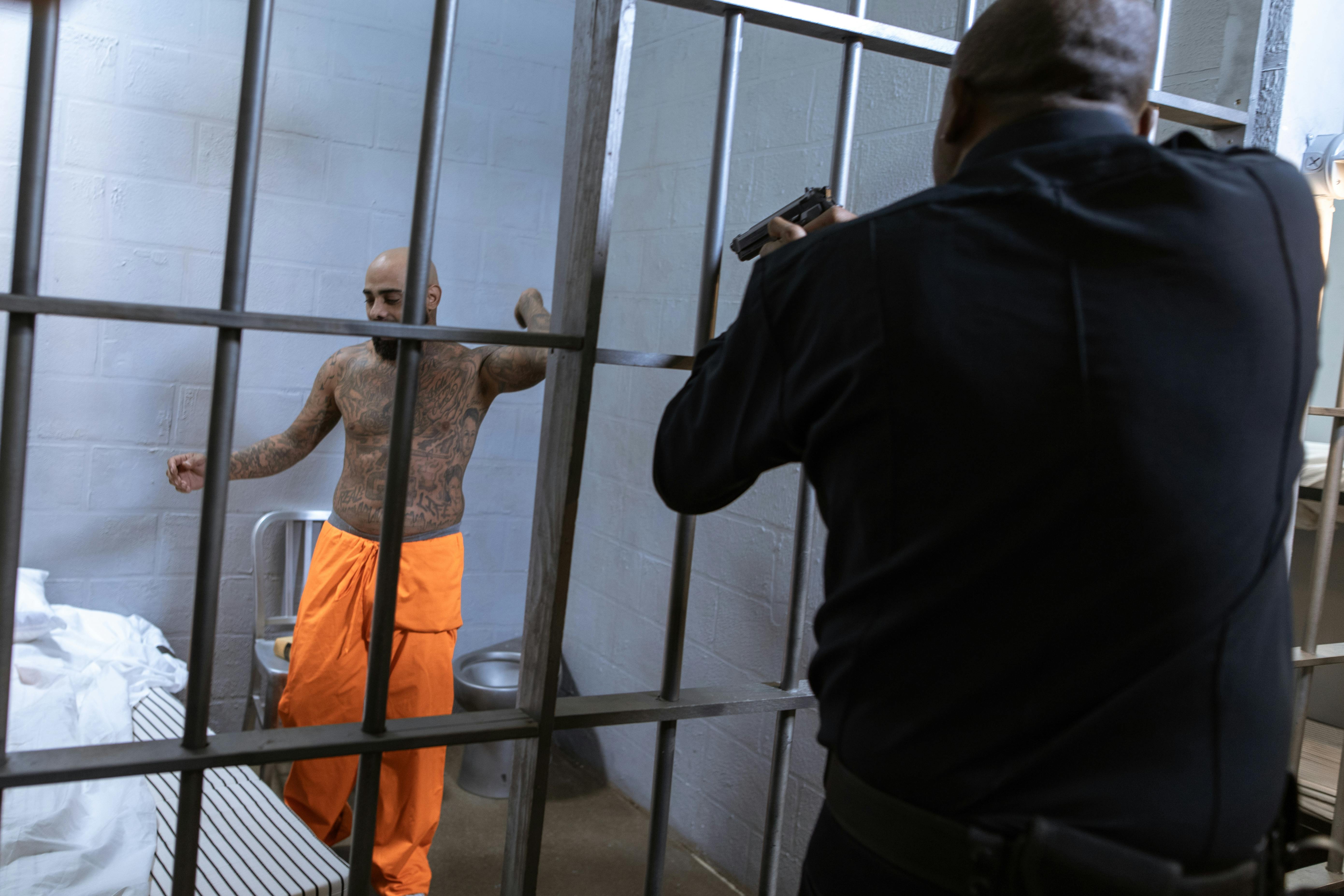In Part 1 of the IELTS speaking test, you have to talk about 3 topics: your hometown, your work or study, AND two more familiar topics. In my last two articles I gave some advice about Part 1, hometown and work or study. Let’s take a look at other familiar topics and how to make up questions.
Themes for Part 1
leisure
daily routines
Family
Teaching
Sports
Hotels
Shopping
Music
You can ask your own questions using the following starters:
Description what do you do in your free time, describe your daily routine and describe your family.
tell me about your free time, your daily routine, your family.
what do you think about have free time, change your routine, your family.
You can also use the 5W + H formula and come up with who, what, where, when, why and how questions:
Who do you remember from school? What did you enjoy most in school? What school did you go to? Where did you go to school? When did you go to school? Why did you like/dislike school? school? they were there?
Because the topics are familiar, you should have very little trouble talking about them. It’s a good idea to take notes on each topic when you’re practicing responses or writing down things you’d like to say. However, you You should practice saying your answers out loud. as this is a speaking test and how well you speak will be tested.
You can record yourself on audio to see how you sound, practice with a friend (have them ask you the questions), or practice with a teacher or trainer online. The more questions you are asked, the more practice you will have answering. Remember to practice giving long, complete answers. Do this over and over again. It doesn’t matter if you ask the same question frequently, as each time you will give better answers with more and more information. The more you practice this, the better you will be.
In the next article, we will look at Part 2 of the IELTS Speaking Test!
